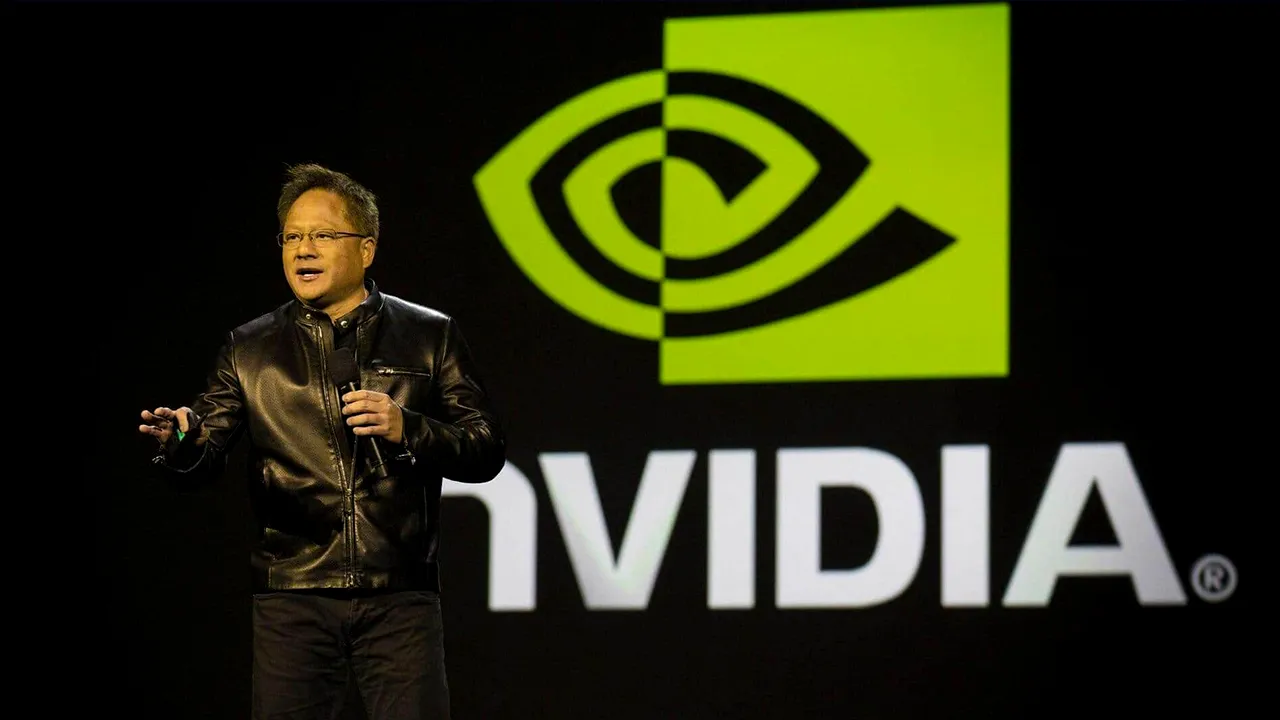In a major diplomatic and business move, Jensen Huang, CEO of leading AI chipmaker NVIDIA, praised Chinese-developed AI models as “world class” today, July 16, 2025.
His comments at the opening ceremony of the third China International Supply Chain Expo (CISCE) in Beijing were reported one day after NVIDIA said it had received U.S. government permission to sell its H20 AI chips to China.
Explore how Nvidia’s Huang hails Chinese AI models as “world class”, emphasising their significant contributions to artificial intelligence innovation worldwide.
Praising Chinese Innovation
Huang singled out AI models created by Chinese companies such as DeepSeek, Alibaba and Tencent as “world class”. AI has become “essential infrastructure, like electricity”, he said, and is “transforming every industry, from scientific research and health care to energy and transportation and logistics.”
Meanwhile, the open-source AI landscape in China serves as a “catalyst for worldwide development”, according to the CEO of NVIDIA, who has welcomed the country’s rapid progress in AI development.
This endorsement by one of the world’s most influential technology leaders further solidifies the rapid maturation of China’s AI ecosystem, which has achieved big gains in generative AI, notably in non-reasoning models. Chinese producers also innovate, and models such as DeepSeek V3 0324 have become popular worldwide.
Navigating the US-China Tech Landscape
Huang’s visit to China, his third of this year, comes at a sensitive time for Nvidia, which is trying to steer its way through the knotty and often combative entanglement between the world’s two biggest economies, which are jostling for pre-eminence in AI and other state-of-the-art technologies.
The praise for Chinese AI models, along with the now-resumed sales of the H2O chips, indicates an attempt to salvage relationships and still serve the very important Chinese market investment strategies. The H20 chip, an adaptation of NVIDIA’s high-end AI accelerators, had been built to adhere to previous US export regulations.
In the wake of enhanced legislation, its sales were suspended in April 2025. But on July 15, NVIDIA said it received confirmation from the U.S. government that licences would be provided for the export of H20s into China, with shipments set to resume “shortly”. NVIDIA is building a new, fully compatible model RTX Pro GPU for the Chinese market for purposes of nickel AI applications.
Balancing Interests and Future Outlook
Huang has long maintained that curtailing exports would undermine U.S. leadership in AI by limiting American companies’ ability to sell to developers around the world, including the large number of AI researchers in China.
His recent contacts with US President Donald Trump and other top policymakers purportedly involved talking about not allowing American technology to become the worldwide standard. The freshly restored permission to sell H2O chips – plus Huang’s public praise of Chinese AI – is an example of the relatively carefully negotiated relationship that Nvidia must maintain.
It is designed to take advantage of the huge and fast-moving Chinese market while remaining compliant with US export controls. The political tactic also underscores the interconnected reality of the global AI industry and tech giants’ overtures to political enemies in the name of tech progress. In the months ahead, we will see how this delicate balance influences the state of the market and the overall landscape of AI globally.

Leave a Reply